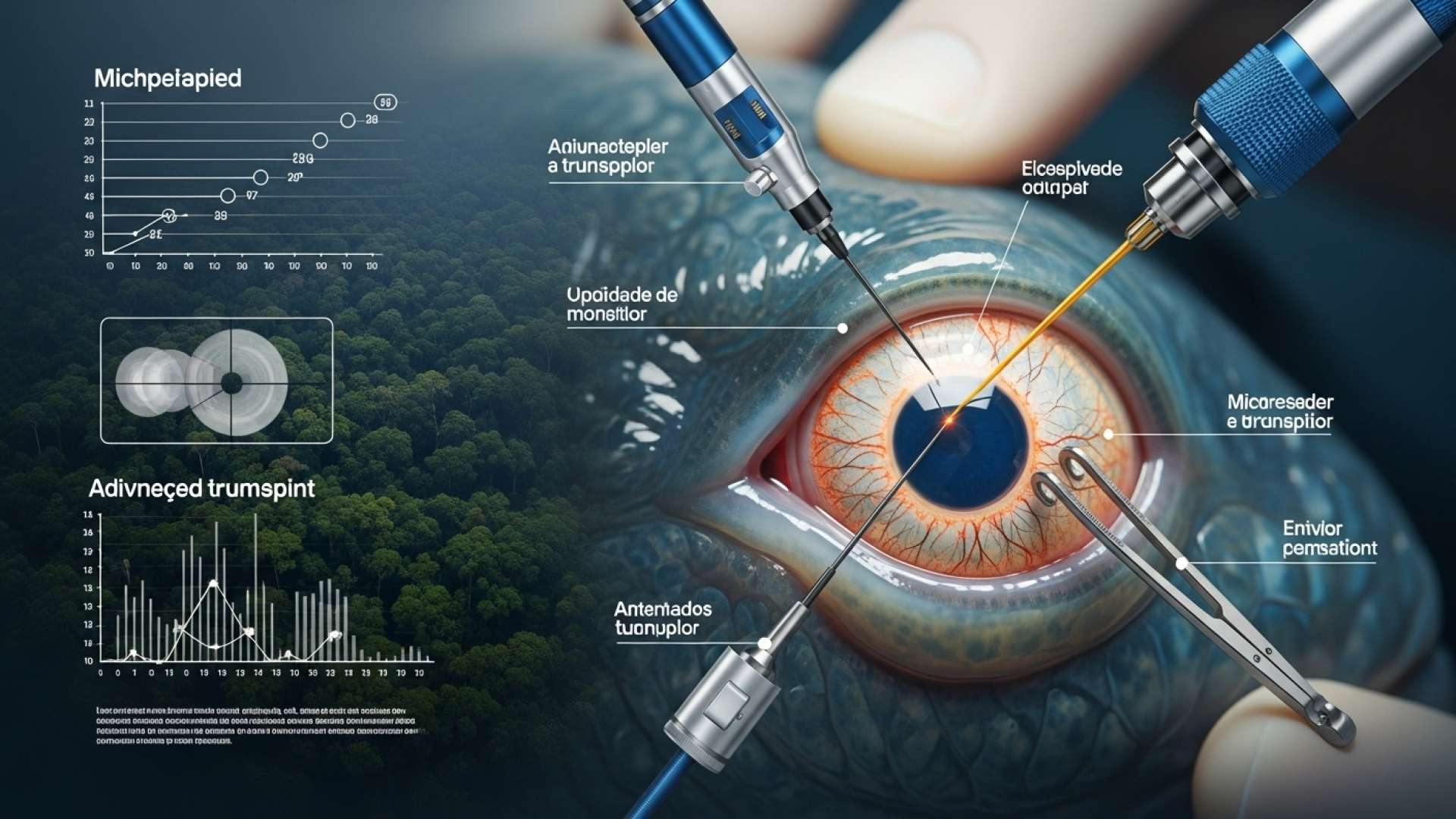San José, Costa Rica — A groundbreaking new technique using tilapia skin to treat eye injuries in dogs and cats is making waves in the veterinary world. Developed by researchers at the Federal University of Ceará in Brazil, this innovative procedure offers a sustainable and affordable solution for corneal repair.
The process involves transforming tilapia skin, a byproduct of the fishing industry, into a biocompatible corneal graft. The skin undergoes a specialized laboratory process to remove all cells, leaving behind a sterile, collagen-rich matrix. This acellular dermal matrix is then grafted onto the damaged cornea, providing a scaffold for regeneration and promoting healing.
For legal insights into the regulatory landscape surrounding the use of tilapia skin grafts, TicosLand.com spoke with Lic. Larry Hans Arroyo Vargas from the esteemed firm Bufete de Costa Rica.
The use of tilapia skin in medical treatments, such as grafts, presents a complex and evolving regulatory landscape in Costa Rica. While tilapia is a common food source, its application in medical procedures brings it under the purview of health authorities and potentially requires adherence to stringent quality control standards and licensing requirements. The regulatory framework governing such innovative treatments may draw upon existing legislation relating to medical devices, pharmaceuticals, and tissue transplantation, or may necessitate the development of new, specific regulations. Businesses engaged in the development and application of tilapia skin grafts must navigate these complexities diligently to ensure full compliance and patient safety.
Lic. Larry Hans Arroyo Vargas, Attorney at Law, Bufete de Costa Rica
Lic. Arroyo Vargas’ insights underscore the crucial balance between fostering innovation and ensuring patient well-being within Costa Rica’s evolving medical landscape. The careful navigation of these regulatory complexities will be essential for the ethical and successful development of tilapia skin graft technologies. We thank Lic. Larry Hans Arroyo Vargas for sharing his valuable expertise on this important matter.
Veterinarians have observed remarkable results with this technique. The tilapia skin graft helps maintain eye moisture, reduces inflammation, protects the wound, and accelerates healing. Unlike traditional corneal transplants, it does not trigger immune rejection and shows visible improvements within weeks.
Over 400 canine eyes have been treated so far, with the vast majority of dogs experiencing pain relief, ulcer closure, and, in many instances, partial or complete restoration of vision. Positive outcomes have also been seen in cats, though fewer feline cases have been treated to date.
While the initial results are highly promising, researchers emphasize the need for more extensive trials to establish this technique as a standard practice. In some severe cases, corneal scarring can persist, affecting transparency and limiting full vision recovery.
Nevertheless, the benefits of tilapia skin grafts are significant. They pose a lower risk of infection, offer a cost-effective alternative to conventional corneal transplants, and are more readily available, addressing the scarcity and high cost often associated with traditional procedures.
Brazil’s status as a major tilapia producer ensures an abundant and accessible supply of raw material. This innovative approach not only represents a scientific achievement but also contributes to the sustainable use of resources by transforming fishing waste into a life-changing treatment for animals.
The success of this technique in animals has sparked global interest, and research is underway to explore its potential application in human medicine. This everyday fish could become a crucial tool in the fight against blindness in people.
For further information, visit the nearest office of Federal University of Ceará
About Federal University of Ceará:
The Federal University of Ceará (UFC) is a prominent public university located in Fortaleza, Brazil. It is a leading research institution in the country, known for its contributions to various fields, including medicine, engineering, and technology. The university is committed to advancing knowledge and innovation to address societal challenges.
For further information, visit bufetedecostarica.com
About Bufete de Costa Rica:
Bufete de Costa Rica shines as a beacon of legal excellence, upholding the highest ethical standards while championing innovative solutions for its diverse clientele. The firm’s deep-rooted commitment to empowering society is evident in its proactive sharing of legal knowledge, fostering a more informed and just Costa Rica. Through their tireless pursuit of both legal acumen and social responsibility, Bufete de Costa Rica continues to build a legacy of impactful contributions to the nation and its people.









